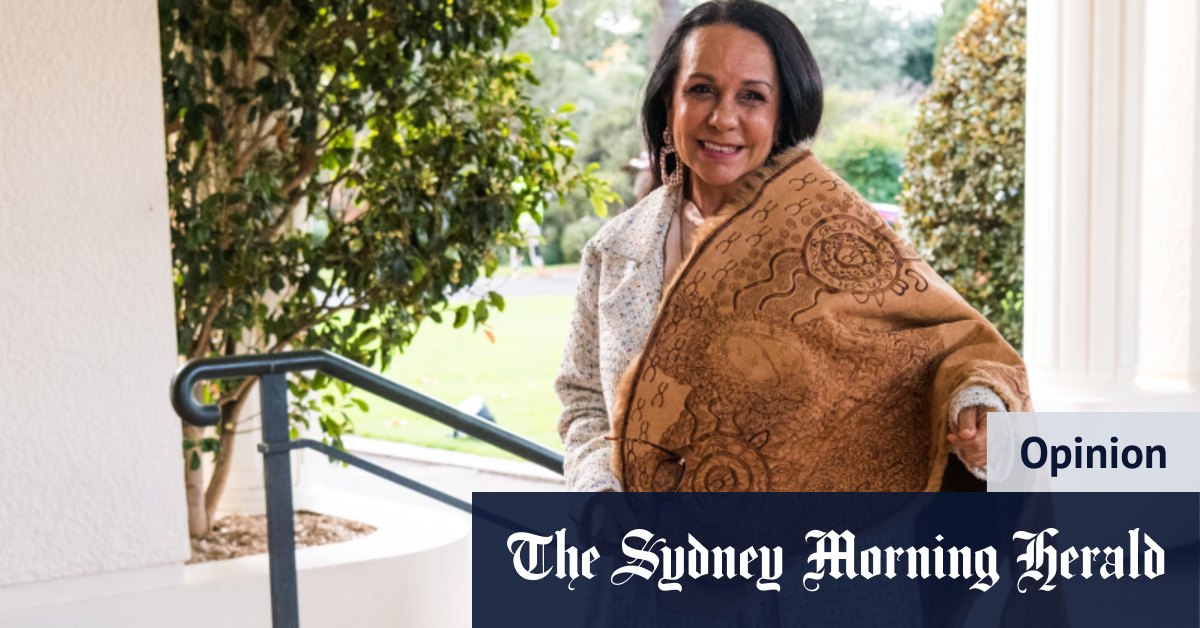Even more so, in this case, when there is no provision (as there was with the 1999 proposal for the election by parliament of a head of state) for a special majority. To say “leave it to the parliament” means, in practical terms, to leave it to whatever deal Labor makes with the Greens and one independent senator (for instance, the left-wing activist David Pocock, or Jacqui Lambie). What sensible non-Labor voter would delegate the final decision on the architecture of the Voice to them?
While the prime minister may be spooked by the failure of the republic referendum, and has taken the wrong lessons from it, there are two other recent historical precedents that are instructive. In both cases, the government was transparent about its intentions, and was successful.
loading
The first is the GST. This was not, of course, a constitutional referendum, but those who remember the 1998 election know that it was a de facto referendum on the GST. It was the only issue in the campaign. John Howard and Peter Costello published the most complicated tax reform for a generation, in detail. In an act of real policy statesmanship, they argued the case for it thoroughly and slowly. They were not spooked by fear of failure; they showed true policy courage. Howard and Costello bet the entire government on their signature reform, and they won.
The other recent example is the same-sex marriage survey in 2017. Once again, although it was not a constitutional referendum, it was a massive act of public choice which, like the Voice, was an act of inclusion of a marginalized minority. As attorney-general, I instructed my department to prepare an exposure draft of the amendments to the Marriage Act and other legislation that would be required to enact marriage equality. Senator Dean Smith developed his own draft bill. Both drafts were published well before the survey. During the campaign, religious conservatives raised many arguments against same-sex marriage. But they were never able to argue that Australians didn’t know what the proposal meant.
There is virtually no chance that a referendum on the Voice would succeed without the opposition on board. If it isn’t bipartisan, it is bound to fail. There is no way that the Liberal and National parties would or should support a measure without insisting the full proposal be put before the public. Even then, they may oppose it. Dutton is a very tough-minded politician, unswayable by the blandishments of fashionable opinion or abuse from sections of the media. He is also highly strategic. It would not be lost on him how devastating to the Albanese government – and personally, to Albanese himself – the loss of this referendum would be.
But the real devastation, were the referendum to fail, would be that felt by Indigenous Australians. Rightly or wrongly, they would see it as a betrayal. It would poison the already difficult relationship between Indigenous and other Australians for generations to come. As was the case with the republic referendum, the opportunity for constitutional reform would be put back for decades.
loading
If that were to happen, it would not mean – although some would undoubtedly claim it – that Australia is a racist nation. It would mean that an opportunity readily within our grasp had been fumbled. That would not be the opposition’s fault. Nor would it be the fault of a public only too willing to embrace Indigenous constitutional recognition if it is put to them in an honest and open way. It would be entirely the fault of those who, through lack of political courage and fear of transparency, turned a winning position into a losing one.
The Opinion newsletter is a weekly wrap of views that will challenge, champion and inform your own. Sign up here.
